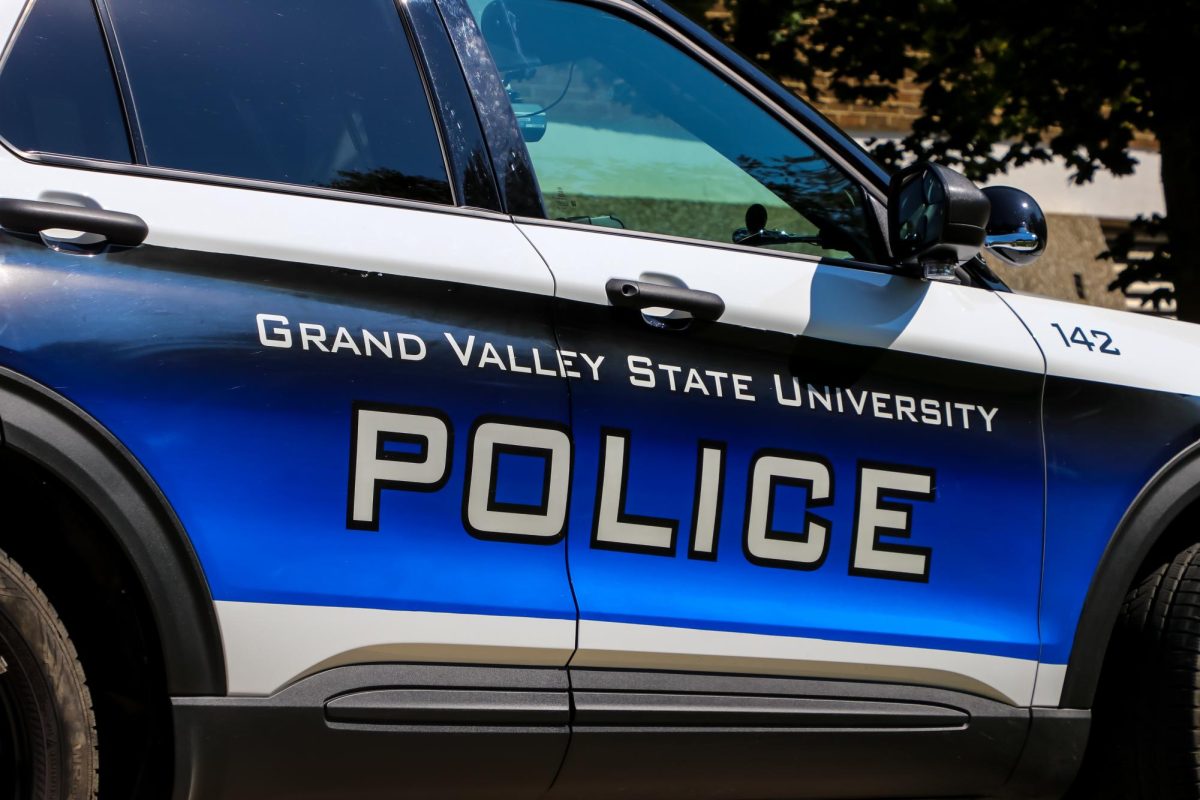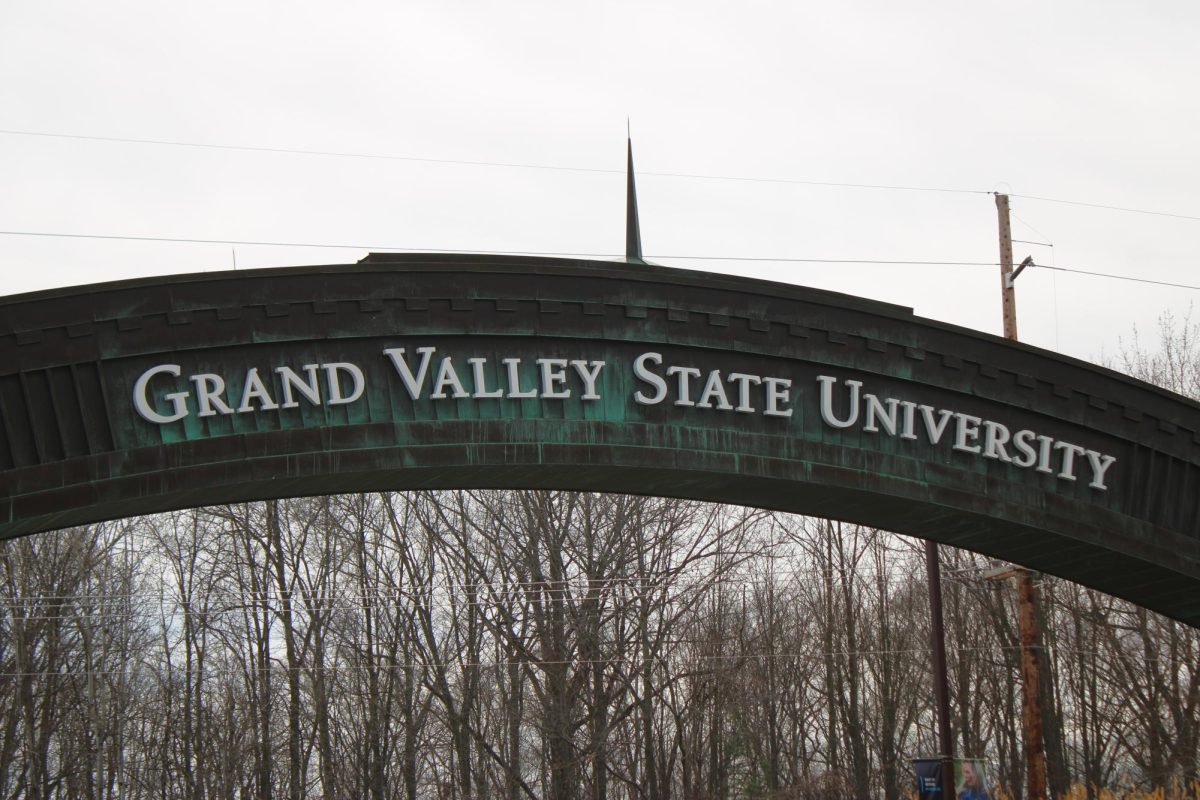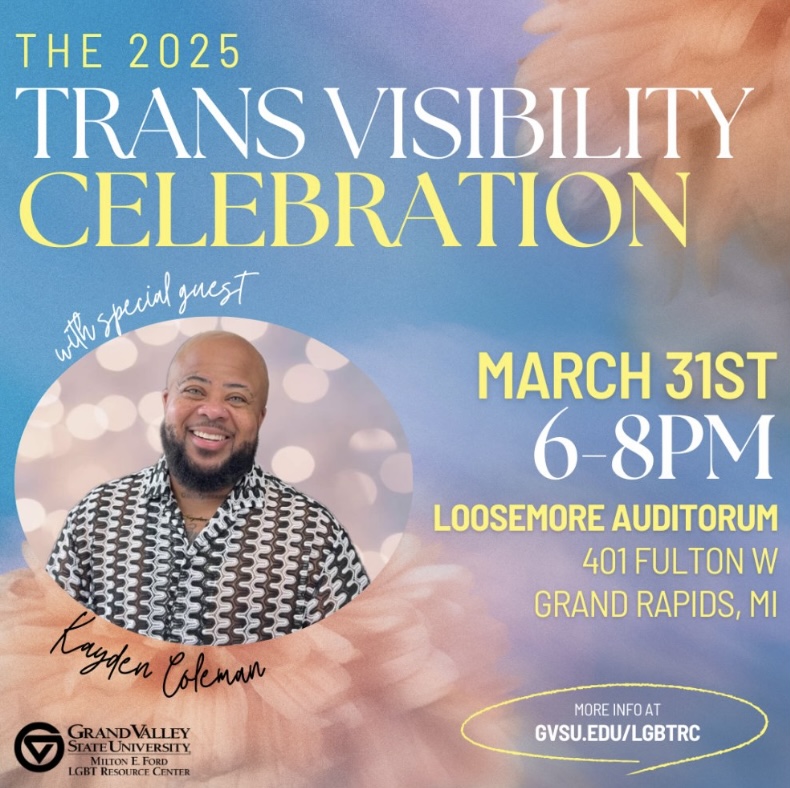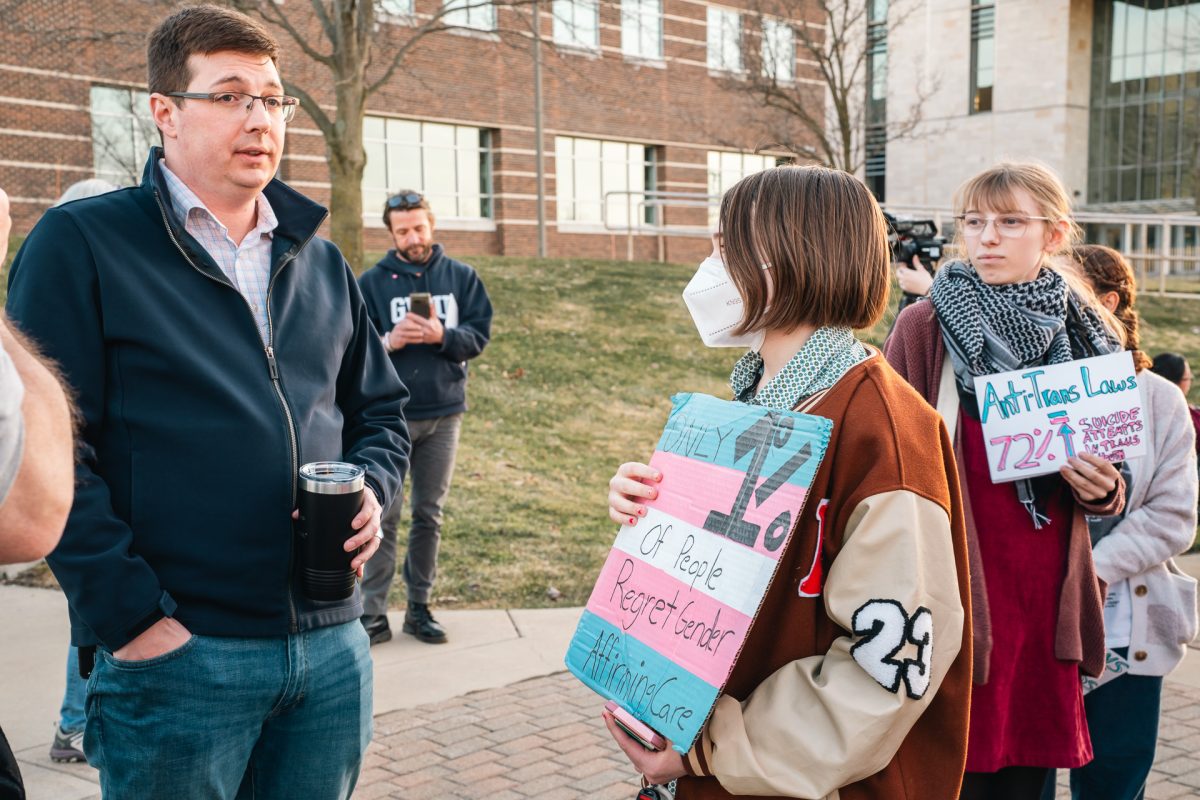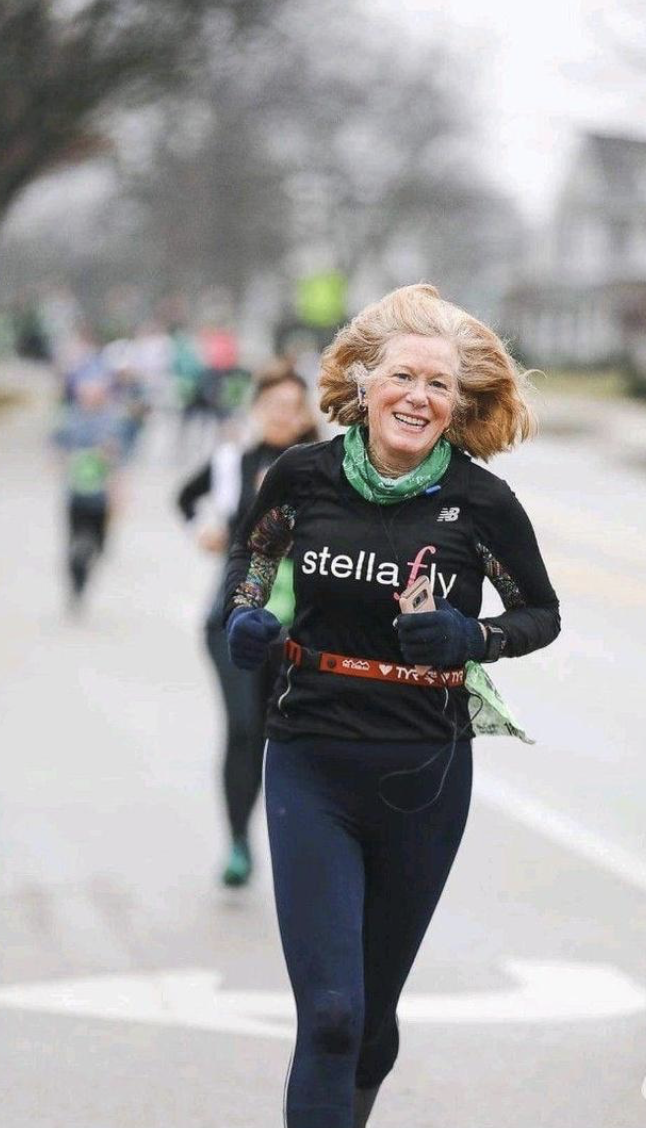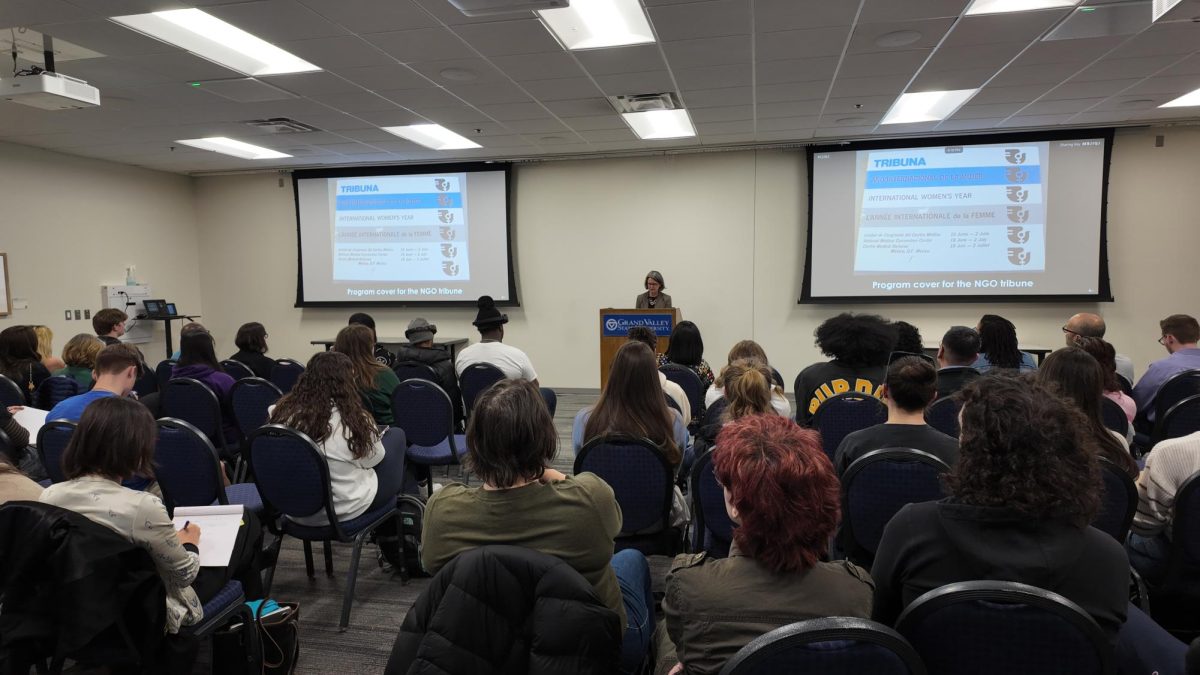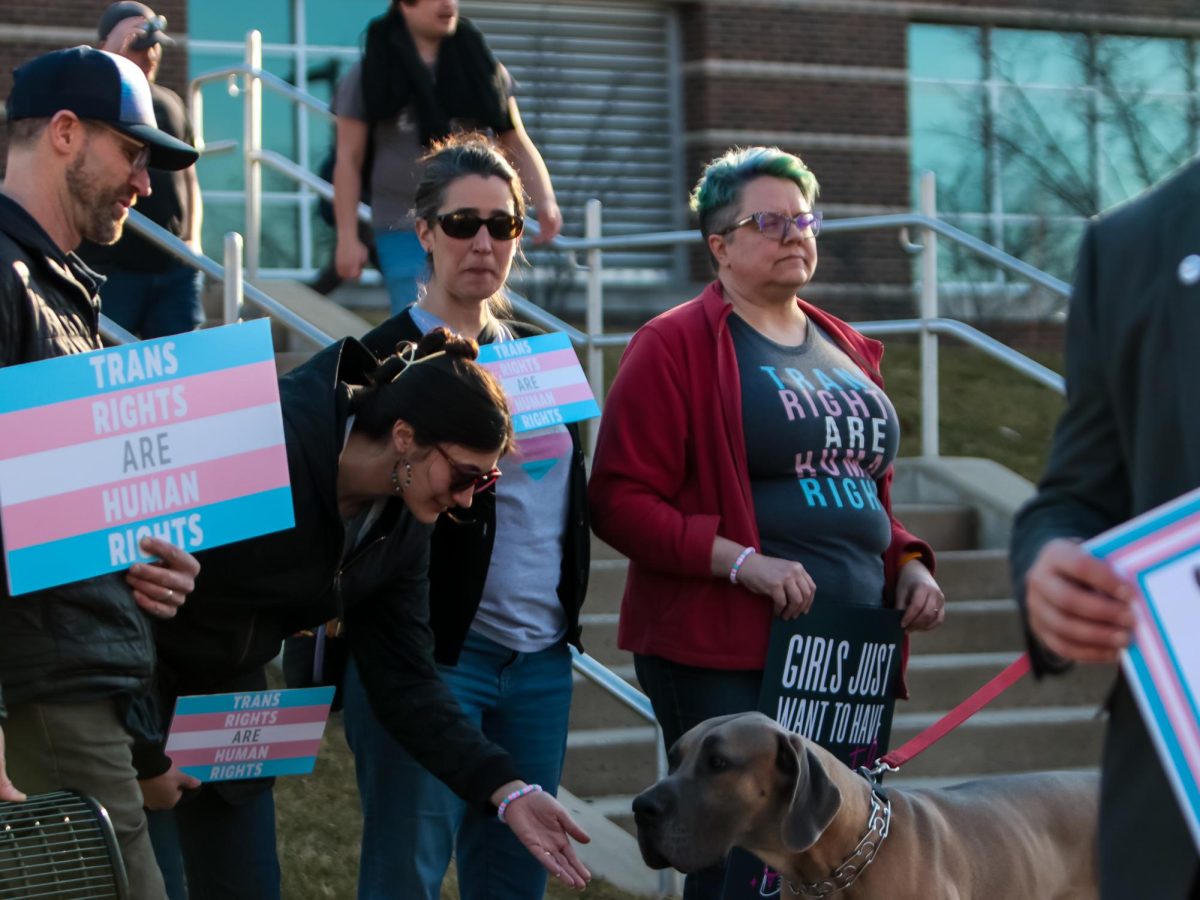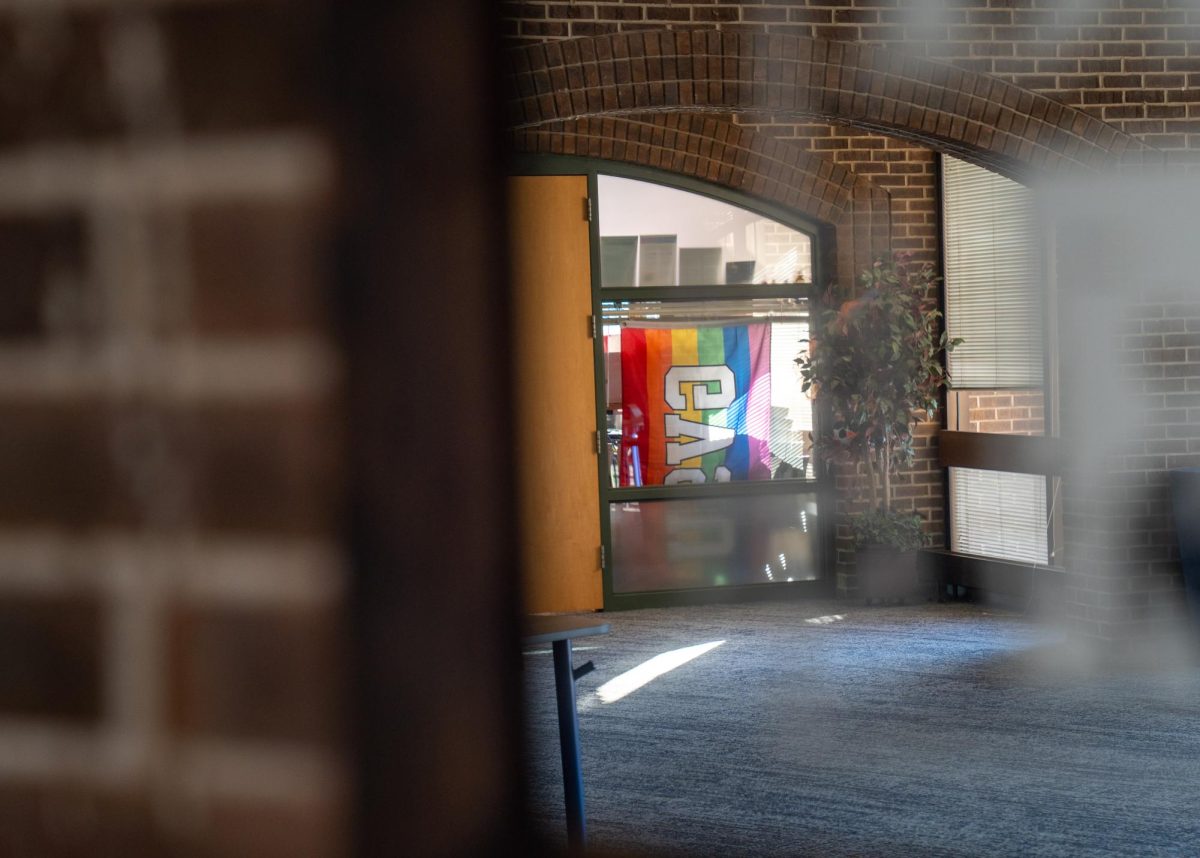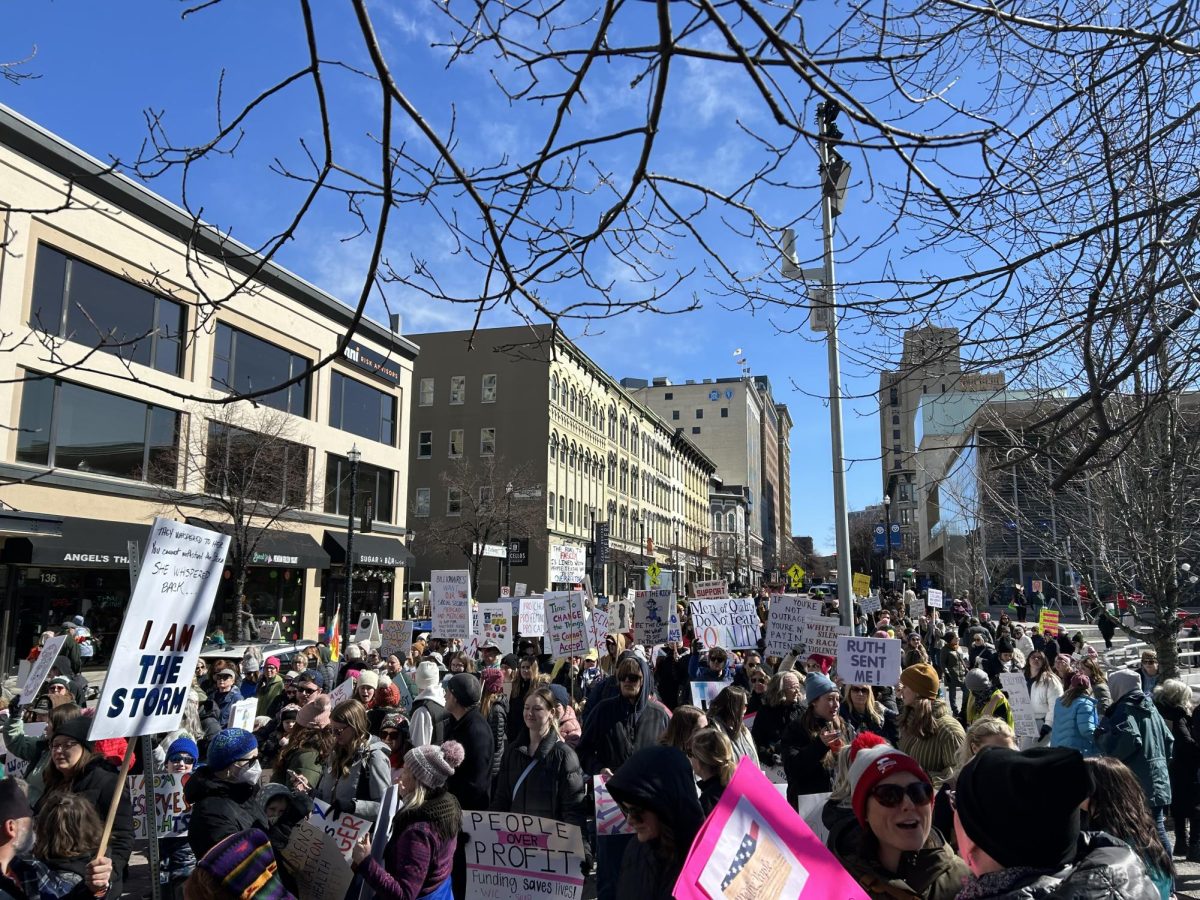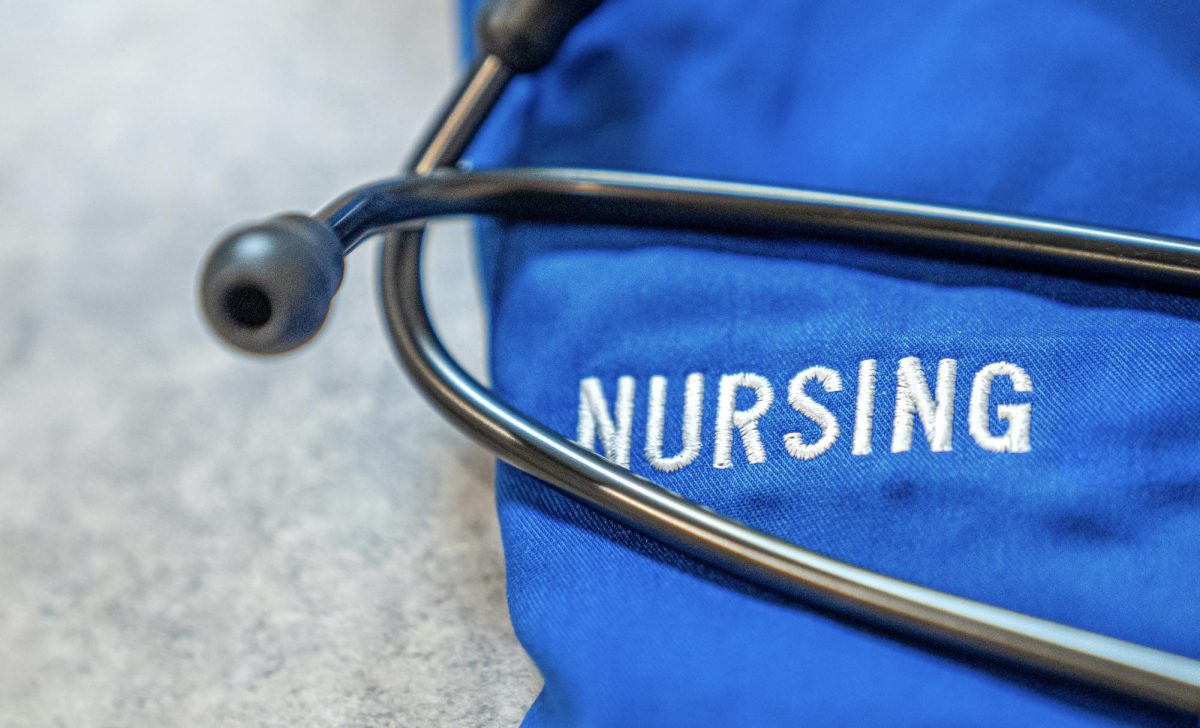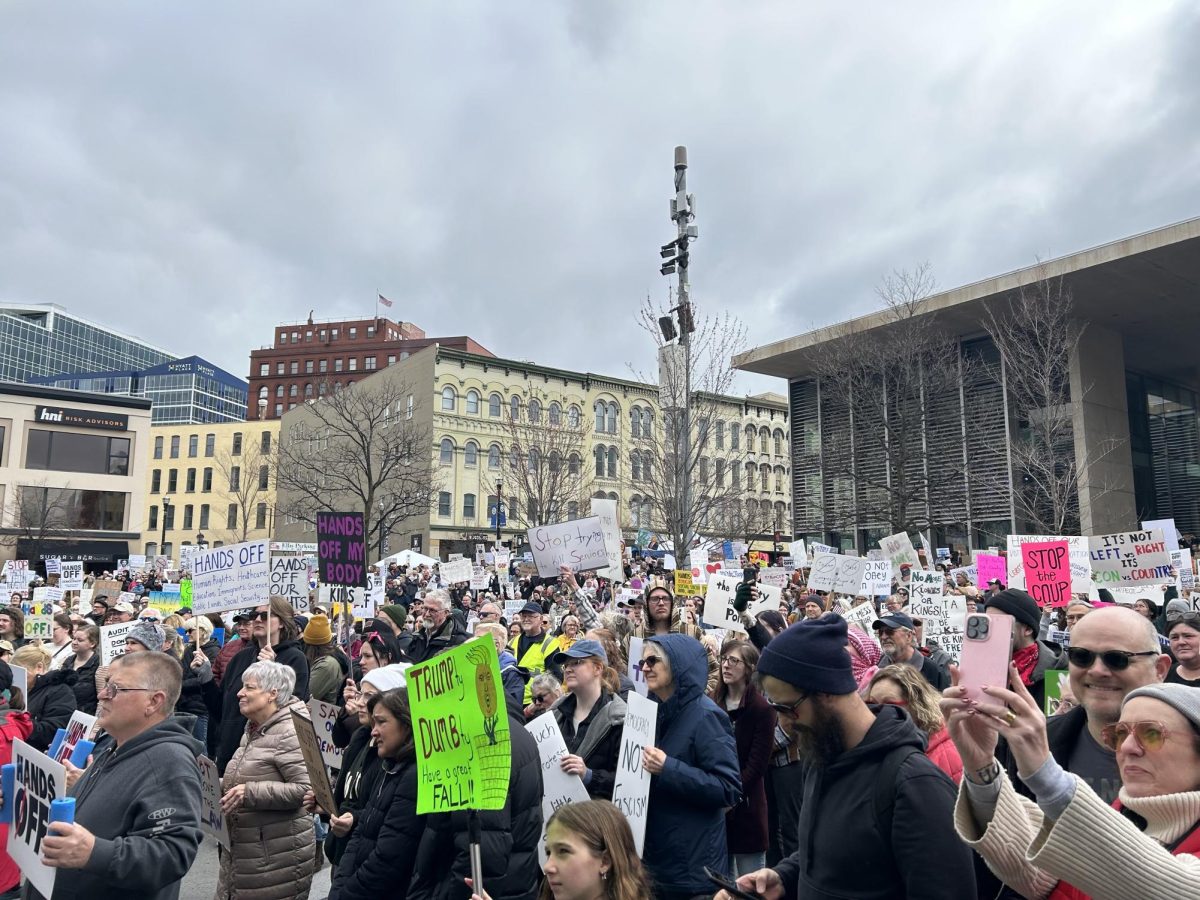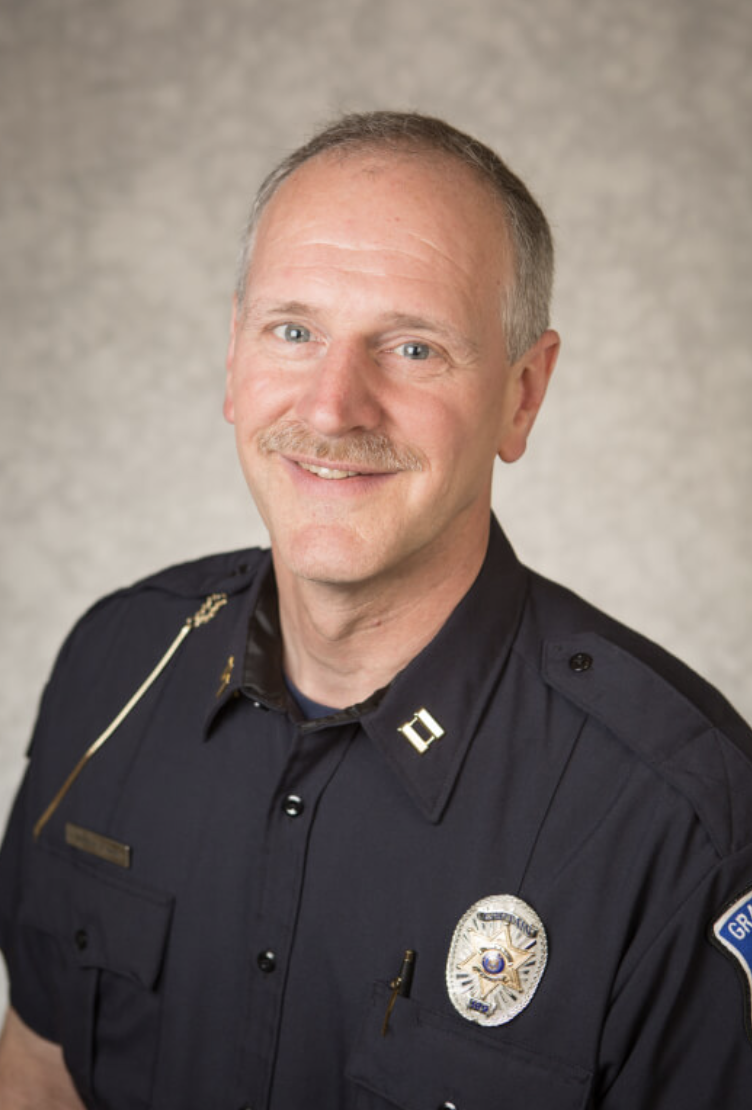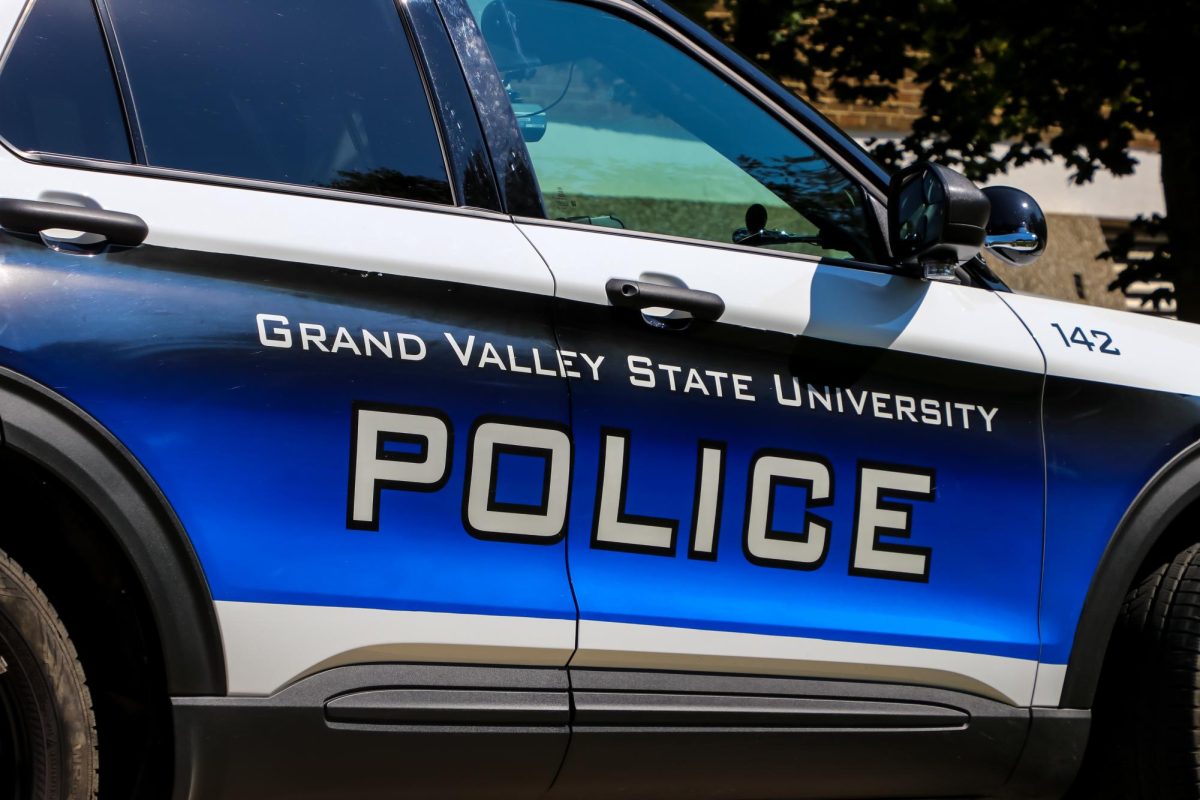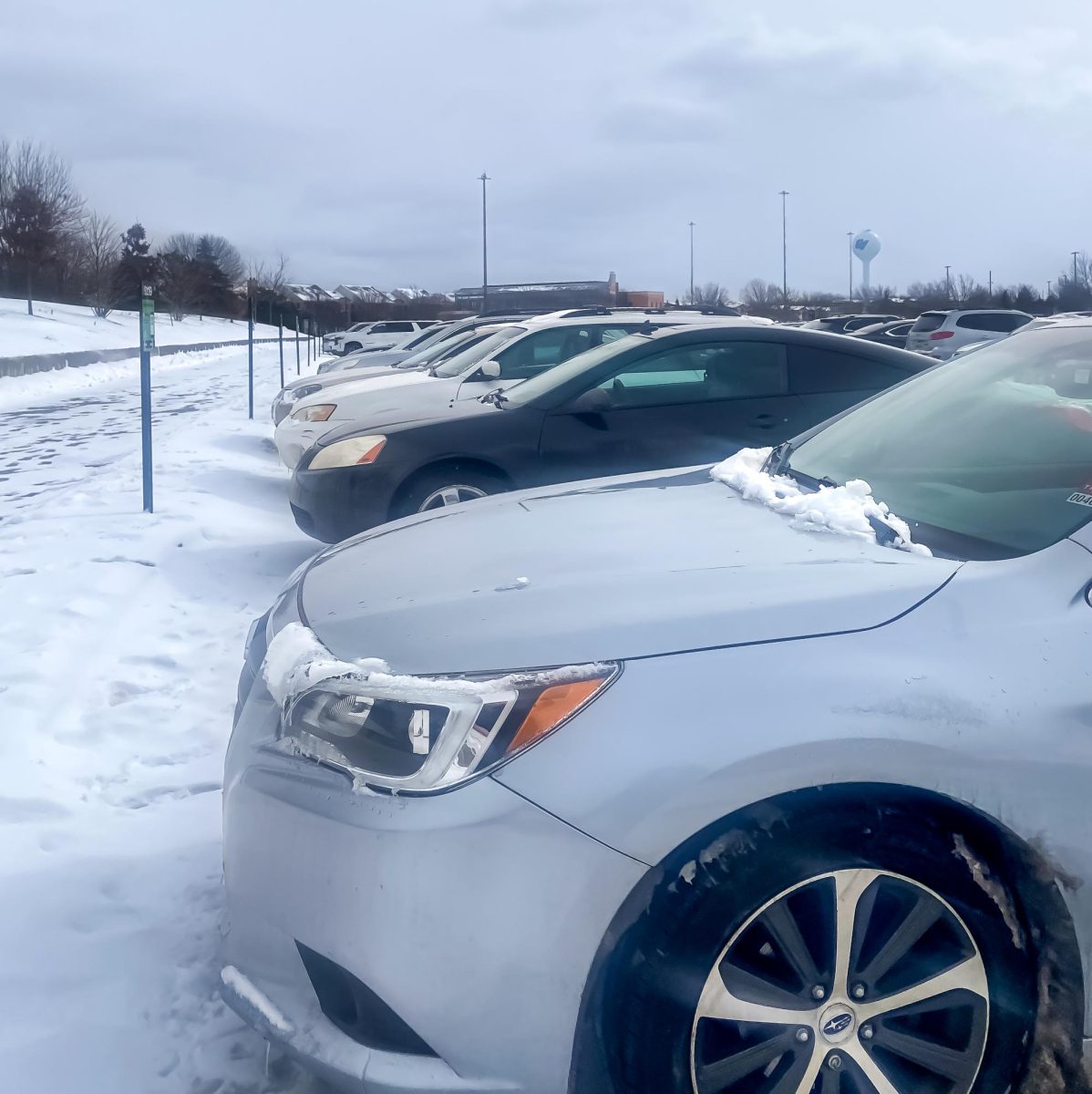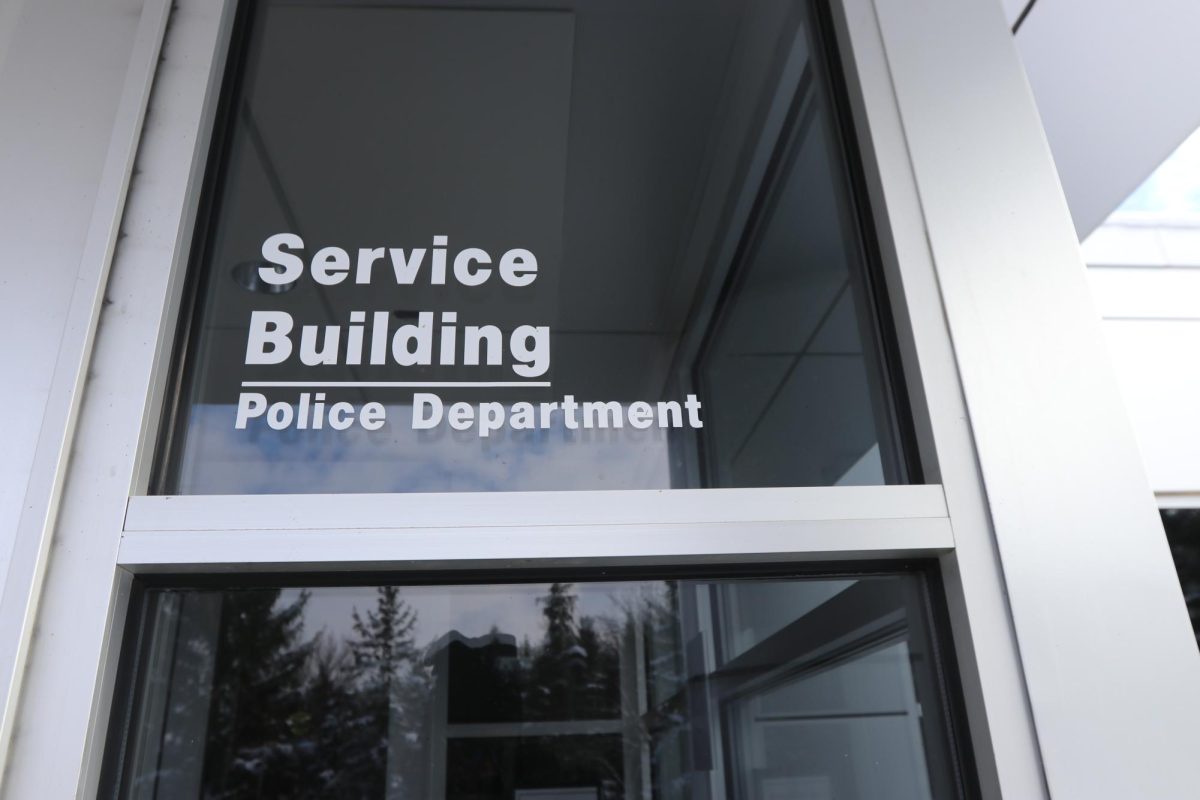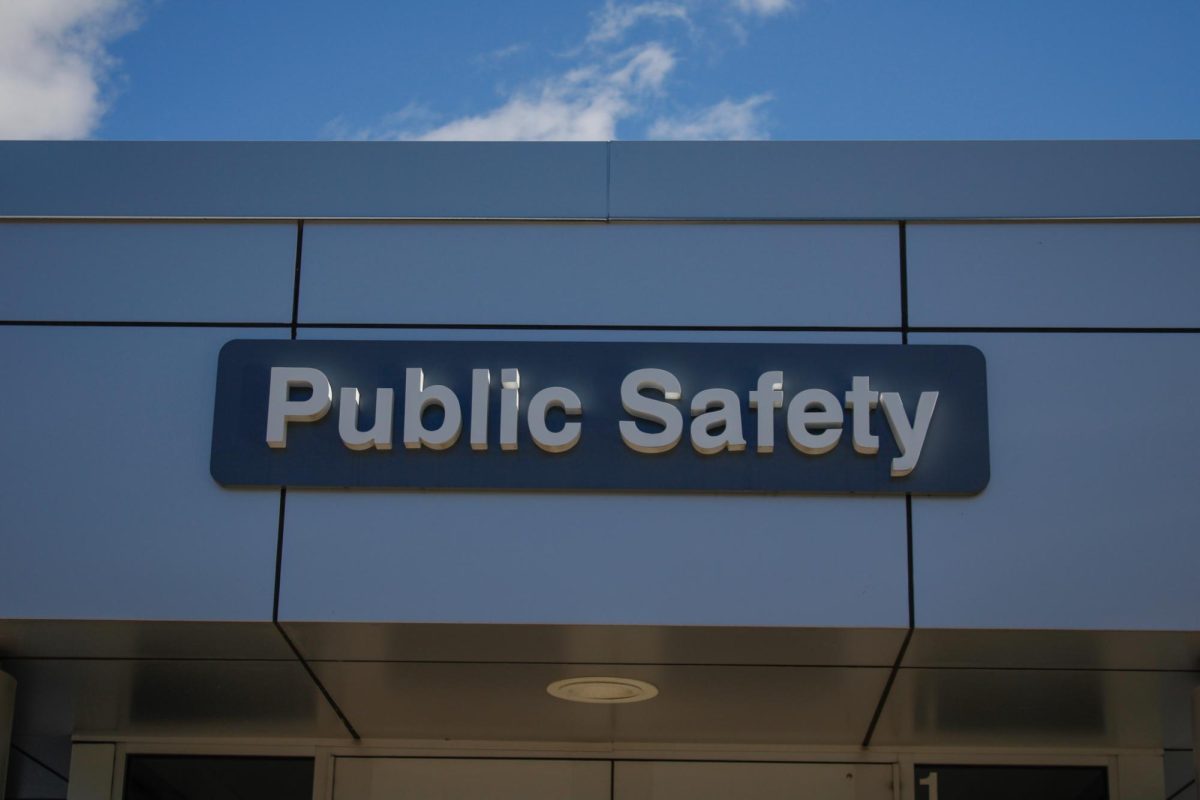When Grand Valley State University announced the sale of alcoholic beverages at Lubbers Stadium and the release of the University’s canned cocktail collaboration, questions were raised about alcohol’s impact on football games. However, GVSU’s Department of Public Safety seems to be pleased with the behavior of students and football game attendees, amidst the recent sales of alcohol on campus.
Captain Kourosh Khatir, the assistant director of public safety at the University, said the department’s preparations for the season’s first football game on Sept. 5 were largely successful.
“We have a comprehensive security plan for all of our football games and this year is no exception,” Khatir said. “The game went well from a security standpoint, (as) no major issues were reported.”
With the recent implementation of alcohol sales at sporting events, Khatir made sure to remind students that their own vigilance of substance consumption is the key to their safety.
“If you decide to drink, be responsible with alcohol and other drugs, and don’t engage if you are not of age,” Khatir said. “As always, it takes the whole campus community to keep everyone safe, it is not solely the responsibility of the police department.”
Khatir said this awareness of one’s surroundings can be applied to all situations, not just sporting events where alcohol consumption is present. He also reminded students that their belongings need to be cared for as well.

“Larcenies continue to be our number one call for service,” Khatir said. “Lock up your valuable items and make sure you have a trusted person watching your belongings should you be away from them for any length of time.”
From a statistical standpoint, Khatir explained there is no evidence that points toward a negative impact of alcohol sales on campus, at least as far as citations and incidents go. At the moment, alcohol sales have not seemed to contribute to any increased instances of unlawfulness on campus.
“There was no discernible uptick in MIPs when comparing the beginning of the semester last year to the same timeframe this year,” Khatir said. “(There were) 16 for 2023, and 10 so far for 2024.”
With the semester still at its beginning, time will only tell as to the long-term impact of alcohol sales at on-campus athletic events.
Khatir noted that ample planning and consideration was made by GVSU administrators in regards to the sale of alcohol on campus.
“A lot of thought and effort goes into making decisions that have a campus-wide impact,” Khatir said. “GVPD stands ready to respond and, support the University’s mission, no matter the relevant alcohol policies decided by senior leadership.”
Chief Brandon DeHaan of the GVSU Department of Public Safety echoed many of Khatir’s sentiments, but also pointed out the positives associated with selling alcohol in the stadium, as compared to its overconsumption at tailgate parties.
“This will be our first full year of selling alcohol at the stadium,” DeHaan said. “Quite frankly, the concessions area we had was undersized for decades, considering the size of crowds we bring in. That really upped our game as far as our ability to sell all kinds of concessions down there.”

DeHaan said he places his trust in the faculty that planned and considered the sale of alcoholic beverages and new concession areas.
“They (staff) created a point of sale in the upper deck area for alcohol,” DeHaan said. “That was an initiative that occurred over the summer and it really came out very nice.”
DeHaan said he supports the sale of alcohol on campus. He said selling alcohol on campus allows students to consume in a safer environment that can be monitored much more closely than previous parking lot tailgating allowed for.
“I have been supportive of the alcohol sales in our stadium for quite some time,” DeHaan said. “There has been some anecdotal evidence that has shown over the past decade or so at higher education institutions (that) the sale of alcohol in stadiums has reduced binge drinking in parking lots.”
DeHaan stated that in comparison, drinking at parking lot tailgate parties is more dangerous, mentioning the prevalence of overconsumption. He said the new regulations offer a safer option for students who wish to consume alcohol at athletic events.
“A lot of what we’ve seen in the past is that students would engage in binge drinking, consuming vast amounts of alcohol in very short amounts of time because they were unable to do so in the stadium,” DeHaan said. “(Considering the change), I’m hopeful this year will see the same type of positive activity (the reduction of binge drinking at tailgates) that other institutions of higher education have seen.”
Tailgating has not completely disappeared, however, and will likely remain a popular recreational activity and pregame ritual.
DeHaan also attributes public safety successes to the concession staff’s adherence to safety standards and state laws for serving alcohol.
“All the servers have been tip-trained,” DeHaan said. “They have undergone specific training to ensure that we are not serving minors and those that are intoxicated. We have taken a lot of effective measures to prevent underage drinking and consumption.”
While the sale of alcoholic beverages at sporting events seems here to stay, the GVSU Department of Public Safety remains committed to ensuring the well-being of fans and students alike. According to DeHaan, there is a strong feeling among the department that safer consumption will go a long way toward accomplishing their goal.
“Our fans appreciate the option,” DeHaan said. “It makes sense to consume alcohol over a longer period of time, instead of consuming vast amounts in a very short amount of time, which, quite frankly, can be very dangerous. I’m hopeful that overall, this will help reduce the negative behavior involved with binge drinking.”




